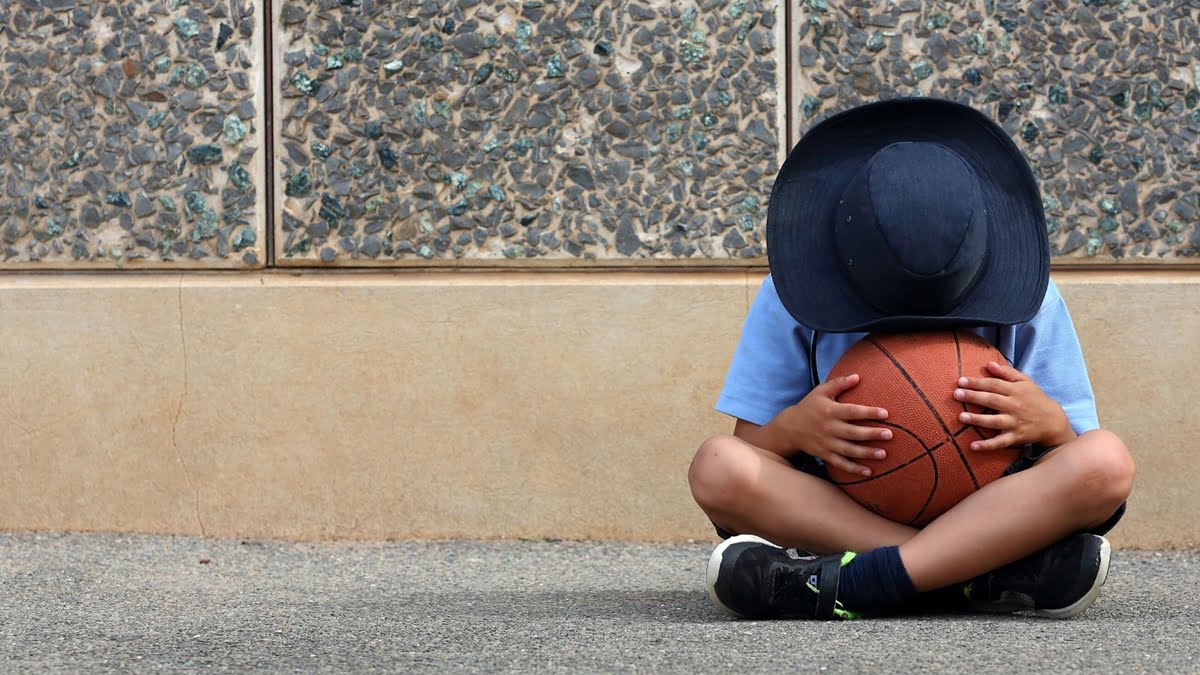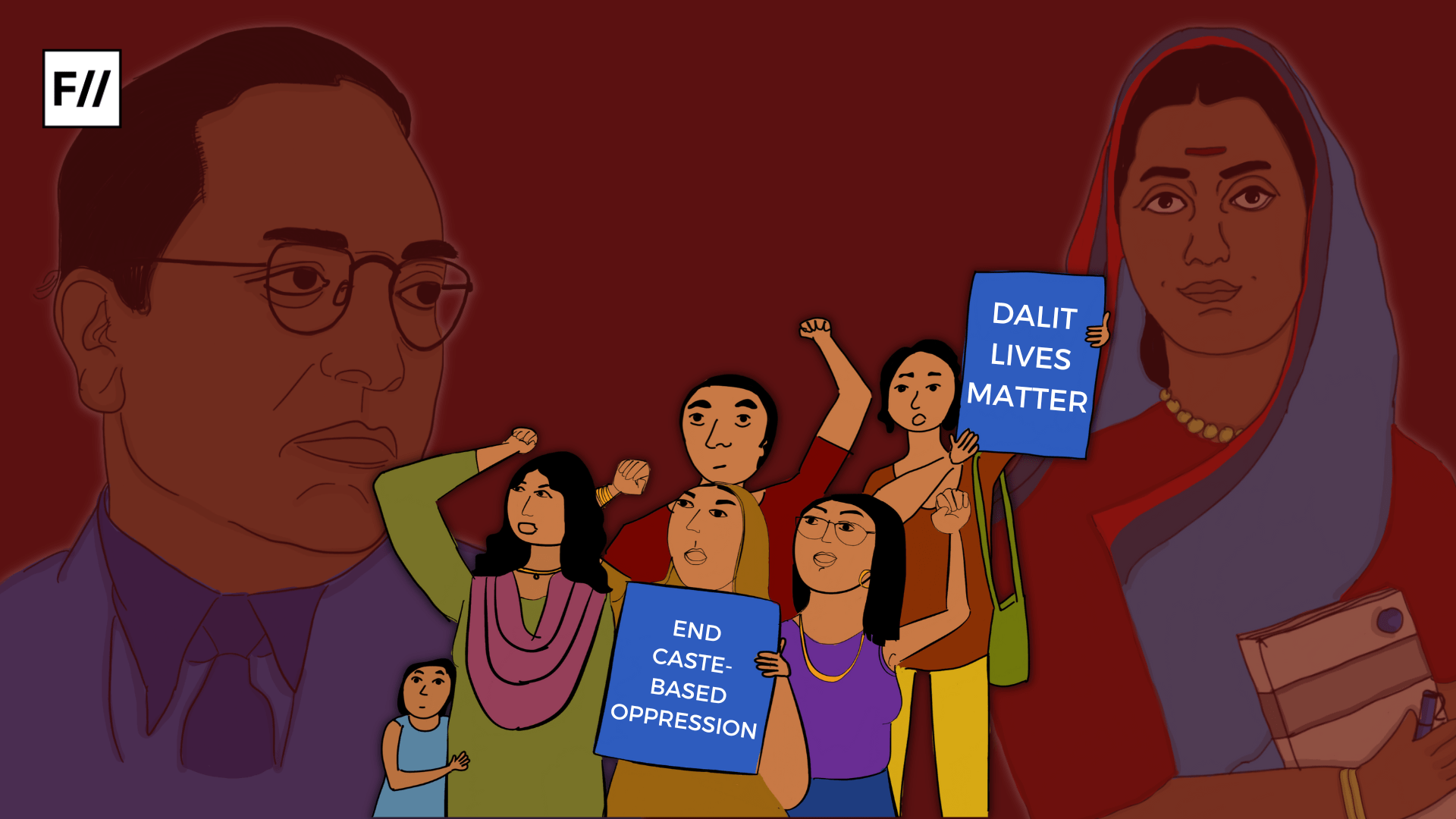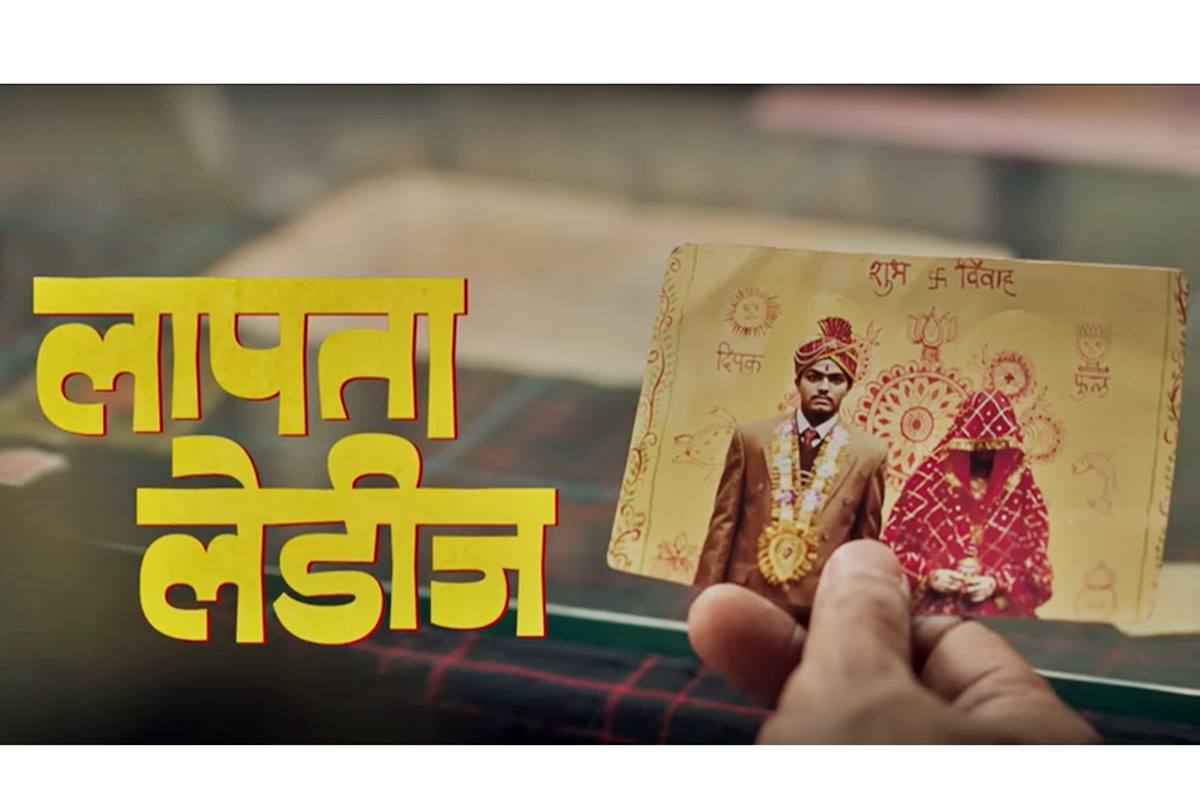I could easily be spotted in any of the long corridors of my school, walking hastily in what was seemingly a non-masculine manner, talking out loud, my talking generously garnished with my hand gestures, (honestly I still find it difficult to express myself without moving my hands with the words I speak), mostly hanging out alone or in a group of mostly girls. I was (and to an extent still) largely the classic example of a guy who would be “othered,” or worse, bullied by other students, mostly boys because I did not conventionally blend in. I could not understand cricket and found it rather dull, which became yet another reason for me to be considered a ‘misfit’ among boys.
What I took a while to realise was, there was a standard formula to be a “boy,” and any aberrations from it led to serious consequences. Well, I was an aberration, and hence, bore the consequences. I was told many times, “Yaar, tujhe to ladki hona chahiye tha” (dude, you should have born as a girl). And this was the nicest thing I was told. My unconventional or rather undesirable walking and talking style, earned me many more horrendous badges. I was called names: “Chakka” (the colloquial slur for a trans-person), “ladki hai kya” (are you a girl) by many boys around me, “Do you use girls toilet or boys?” “behen” (sister) to recall a few. I would sometimes stop and observe how my manner of walking was so evidently different from that of other men, what was so peculiar about my gait, and how could I change it. I tried to learn how men walk.
I was called names: “Chakka” (the colloquial slur for a trans-person), “ladki hai kya” (are you a girl) by many boys around me, “Do you use girls toilet or boys?” “behen” (sister) to recall a few.
Fortunately, I did not succeed.
My closeness to English teachers and “only girls” social group paved the way for another stereotype – “He must be gay“.
Everyone seeks a social group to belong to. I could not find that connection among other boys. I was not interested in the kind of conversations they indulged in. With them, I felt unrepresented and unwanted. On the contrary, my association with my teachers was empowering. And unlike the boys, the girls were more accepting of me and I found myself becoming fast friends with them. Wait, am I weaving yet another stereotype that girls are more tolerant than boys? No. Rather, what I observed was that women, having been subjugated and relegated to a secondary status in the society, could empathise with me and provide a comfort zone for me to be my true self. This is how lived and shared experiences of oppression in a patriarchal society can combine to create a better place for everyone to feel belonged.
Also read: #ChalkfullBullying Campaign: Our Insight Into Gender-Based Bullying In Schools
Even today, my two closest friends from school are girl. I also believe that my proximity with the faculty in some ways, acted as a deterrent that stopped boys from physically or verbally abusing me.
After school, things were even worse when I joined a short-term baking course at Institute of Hotel Management (IHM), Pusa. I was bullied there as well, it was worse this time, and I found people to have even less acceptance there. One of the chefs there told me once, “Oh! We have a faculty who is also of your tribe”. It took me a while to understand what he implied because what was “my tribe”?
One of the chefs at IHM, Pusa told me once, “Oh! We have a faculty who is also of your tribe”. It took me a while to understand what he implied because what was “my tribe”?
In my undergraduate studies, I came across a new word – “meetha”. While I thought it meant a polite and a sweet person, it turned out to be a slang for the effeminate.
Also read: The Female Student’s Body Is Treated Like Property | #ChalkfullBullying
Did it affect my performance in school or my idea of self-concept? Fortunately, no. I fared very well academically, plus I was a consistent position holder in co-curricular activities. Not only it kept me focused, it also somehow gave me a sense of impunity from taking the verbal and/or physical assaults of mostly homophobic people seriously. In fact, for the longest while, I did not even realise that I was a victim of micro-aggression and bullying. It also must have been because I did not pay enough attention or maybe because I lived in denial. Of course, I am aware of how lucky I am to have had the opportunities I did and not everyone who does not fit in, have the same kind of protective environment like I did.
So, what made me write all this? Retrospective wisdom. My years as part of the debating society in Kirori Mal College, University of Delhi, were liberating in a kazillion ways. Not that my gender non-conformity barely ruffled feathers. It did and I even developed a perspective that what happened to me throughout my school life was unjustified and cruel. I believe my bond with my faculty members protected me to a large extent, but what all those who did not have that liberty and had to face the vilification from childhood and as adults, are now suffering from a crumbling mental health system as a a result.

The question is: Who is to be blamed? Are those teenage bullies really responsible? The larger truth is, the roots of such behavior lie somewhere else – in the deeply-entrenched institution of patriarchy. Those kids and their internalised toxic heteromasculinity were mere instruments of patriarchy. They have been indoctrinated for years into the false consciousness stemming out of such oppressive social institutions. They then projected it in the form of micro-aggression and bullying behavior on the gender non-conformists.
I am privileged to have a milieu that is highly evolved and inclusive, but my mind still goes back in search of those kids who are facing one or the other form of gender-based aggression in their college, school, coaching class or even as informal a space as the playground near their homes. And I want my words to jolt the make-believe world of those bullies whose reckless, stigmatising acts can rip someone of them of their dignity and diminish their self-concept.
It is time they knew better and became mindful of their actions, think what they would feel if they fill in the shoes of the bullied, and how “majje lena” (fooling around) is tantamount to gender-based oppression.In fact, regular gender-sensitisation sessions and comprehensive sexuality education (CSE) in education institutions can be a great step forward.
Akansh Khandelwal is pursuing his Ph.D. in Economics at IIM-Indore. His interests lie in development, inequality, and feminism. You can find him on LinkedIn and Instagram
Featured Image Source: Representational Image from Canva





Very well written! Gender norms and adherence to such conformity shows such a lack of creativity and fear of self expression. I’m glad you were able to rise above the bullying and social judgement. More power to you!